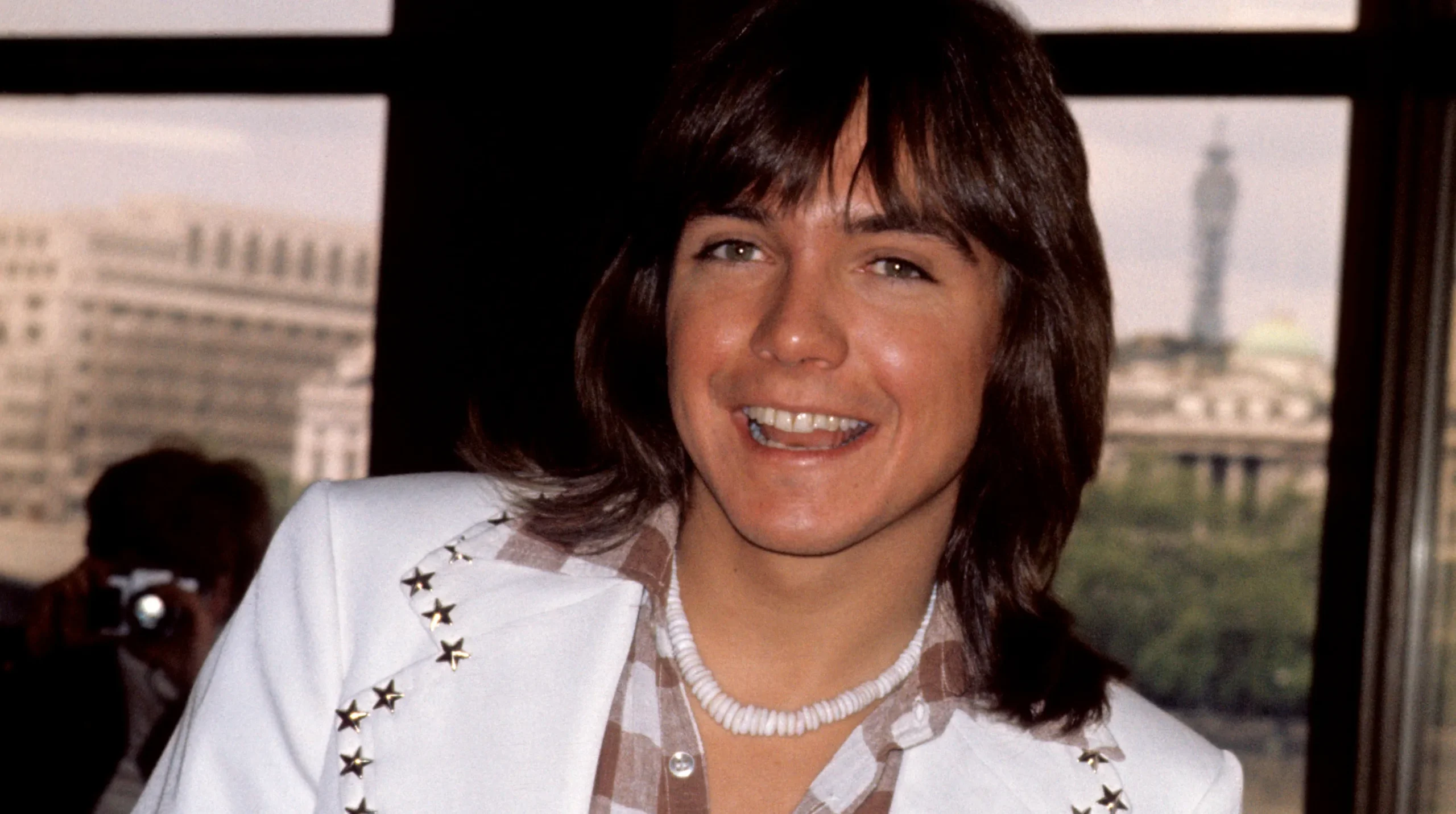
“My First Night Alone Without You” is the sound of an empty room after the door has closed—David Cassidy turning solitude into a slow, aching ballad where the silence feels louder than the words.
If you want to understand why David Cassidy could be more than a poster-heartthrob voice, you go looking for songs like “My First Night Alone Without You.” It wasn’t a splashy single designed to dominate radio; it was a deep cut—and sometimes the deepest cuts are where the truth lives. The track appears on David Cassidy’s debut solo album Cherish, released February 1972 in the U.S. and March 1972 in the U.K., produced by Wes Farrell. On the album’s official track list, “My First Night Alone Without You” is Track 6 and runs 3:34, placed right at the album’s emotional hinge, where youthful hope starts to recognize the shape of real loss.
Because it was not released as a single, the song has no individual chart peak—its public “ranking” belongs to the album that carried it. And Cherish mattered: it reached #15 on the Billboard 200 in the United States and climbed to #2 in the United Kingdom, staying in the UK Top 40 for 43 weeks—a remarkable run that helped define Cassidy’s transatlantic stature in the early 1970s. Those numbers are important, not for bragging rights, but because they explain how a song this intimate could lodge itself in so many lives at once—heard repeatedly, absorbed slowly, remembered privately.
The writer credit is equally essential for accuracy: “My First Night Alone Without You” was written by Kin Vassy—a musician associated at the time with The First Edition (the group featuring Kenny Rogers). That detail matters because the song carries a craftsman’s touch: it’s built like a classic, dramatic ballad, with a clear emotional spine and the kind of melodic contour that lets a singer “act” without overacting.
And Cassidy does act—beautifully.
What makes “My First Night Alone Without You” so quietly devastating is its perspective. Most breakup songs zoom in on the fight, the betrayal, the climactic goodbye. This one starts after all that. It begins in the aftermath—the first night when habit reaches for a presence that isn’t there. The title alone tells you the cruelty of the moment: not the thousandth night, when you’ve learned to cope, but the first—the one where everything in the room still expects the other person to return. That’s the night when memory behaves like a living thing, brushing up against you in the dark.
Musically, the song’s power comes from restraint. On Cherish, Wes Farrell was deliberately shaping Cassidy into a more mature vocal persona than the TV-branded Partridge material allowed, using many of the same studio resources but aiming for deeper emotional shading. Here, the arrangement doesn’t try to dazzle. It cradles the vocal. Cassidy sings with a carefully controlled vulnerability—less showmanship, more confession—like someone who doesn’t want to admit how hard the night is, yet can’t stop the truth from coming through.
That’s the meaning at the heart of the song: loneliness as a physical environment. Not dramatic loneliness—just the ordinary, merciless kind. The kind that arrives when the day’s noise ends and you’re left with the bed, the lamp, the quiet, and the small humiliations of missing someone: the way your body still turns toward the wrong side of the pillow; the way your mind keeps replaying the last normal moment because it can’t accept that “normal” is gone.
There’s another reason the song has lasted: it proved portable. The track is noted for later covers by artists including Dionne Warwick and Bonnie Raitt, a testament to how well its emotional architecture holds up beyond Cassidy’s own era and image. A song doesn’t get reinterpreted like that unless the core feeling is real enough to survive different voices.
In the end, “My First Night Alone Without You” is one of those songs that doesn’t demand attention—it earns it, quietly, over time. It’s the kind of track people return to years later and realize: this wasn’t just teen-pop melancholy. This was David Cassidy learning how to inhabit adult sadness with grace—singing not to win the moment, but to tell the truth about what happens when love leaves the room and the night has no one to impress.
And if you’ve ever known that first night—when silence becomes a presence—this song doesn’t feel vintage.
It feels familiar.